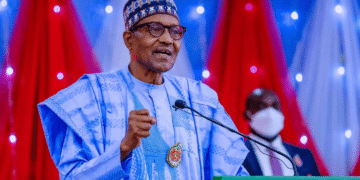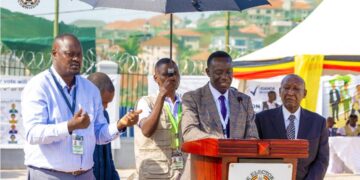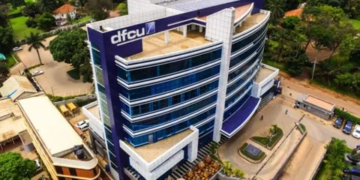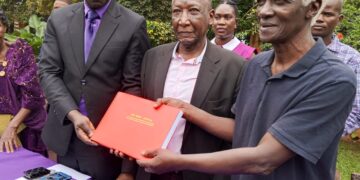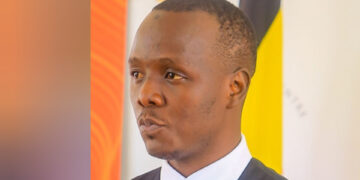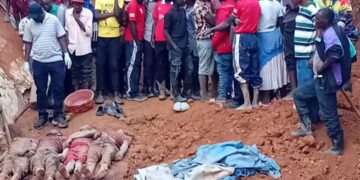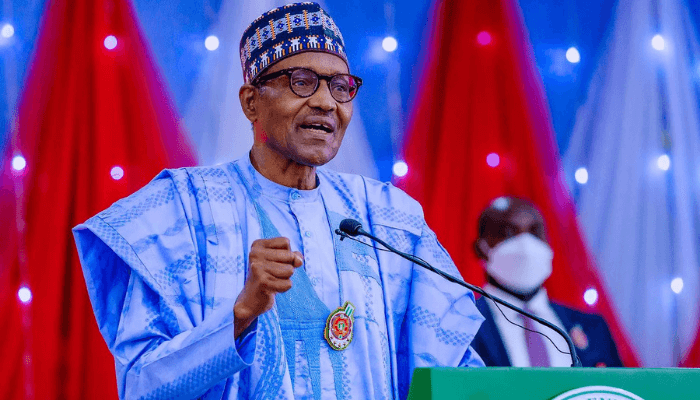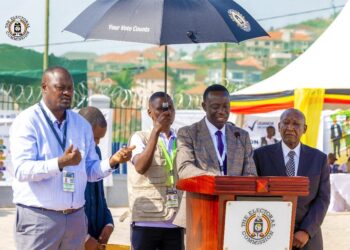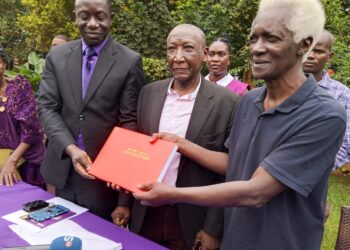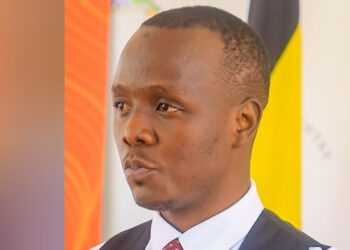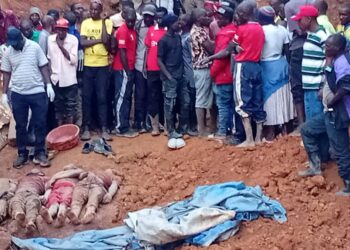NEWS
Nigeria is mourning the loss of one of its most consequential and polarizing leaders, Muhammadu Buhari, who died at the age of 82 in a London hospital following a prolonged illness.
Born on December 17, 1942, in Daura, Katsina State, Buhari rose from humble beginnings to become a towering figure in Nigerian politics. The son of a Fulani father and Kanuri mother, he was the 23rd child of his father and the 13th of his mother, raised in a household steeped in discipline and tradition after losing his father at the age of four.
Buhari joined the Nigerian Army shortly after independence in 1960, undergoing officer training in the UK and steadily climbing the ranks. By the mid-1970s, he had served as military governor of the North-East and later as Federal Commissioner for Petroleum and Natural Resources under General Olusegun Obasanjo.
In 1983, Buhari seized power in a military coup, becoming Head of State. His regime was marked by the controversial war against indiscipline, a crackdown on corruption and civic disorder. However, his authoritarian style and human rights abuses led to his ouster in 1985.
After years in political wilderness, Buhari re-emerged as a civilian politician. Following three failed presidential bids, he made history in 2015 by defeating incumbent President Goodluck Jonathan, becoming Nigeria’s first opposition candidate to win a national election. He was re-elected in 2019, serving until 2023.
His presidency was defined by promises to fight corruption, defeat Boko Haram, and revive the economy. While he retained a reputation for personal integrity, critics pointed to economic stagnation, rising insecurity, and alleged nepotism.
Buhari remained popular among the “talakawa”, the poor masses of northern Nigeria who saw him as a symbol of discipline and honesty. Yet his administration faced mounting challenges including; Boko Haram remained active, with factions aligning with ISIS, banditry and kidnappings surged in the northwest, farmer-herder clashes escalated in central Nigeria, with Buhari accused of leniency toward Fulani herders among others.
Despite these issues, Buhari’s tenure saw improvements in infrastructure, agriculture, and anti-corruption frameworks, including the Treasury Single Account.
President Bola Ahmed Tinubu confirmed Buhari’s death and ordered flags flown at half-mast. Vice President Kashim Shettima has been dispatched to London to accompany Buhari’s body back to Nigeria. Buhari is survived by his wife, Aisha Buhari, and their children. Funeral arrangements will follow Islamic rites, with tributes pouring in from across the political spectrum.
